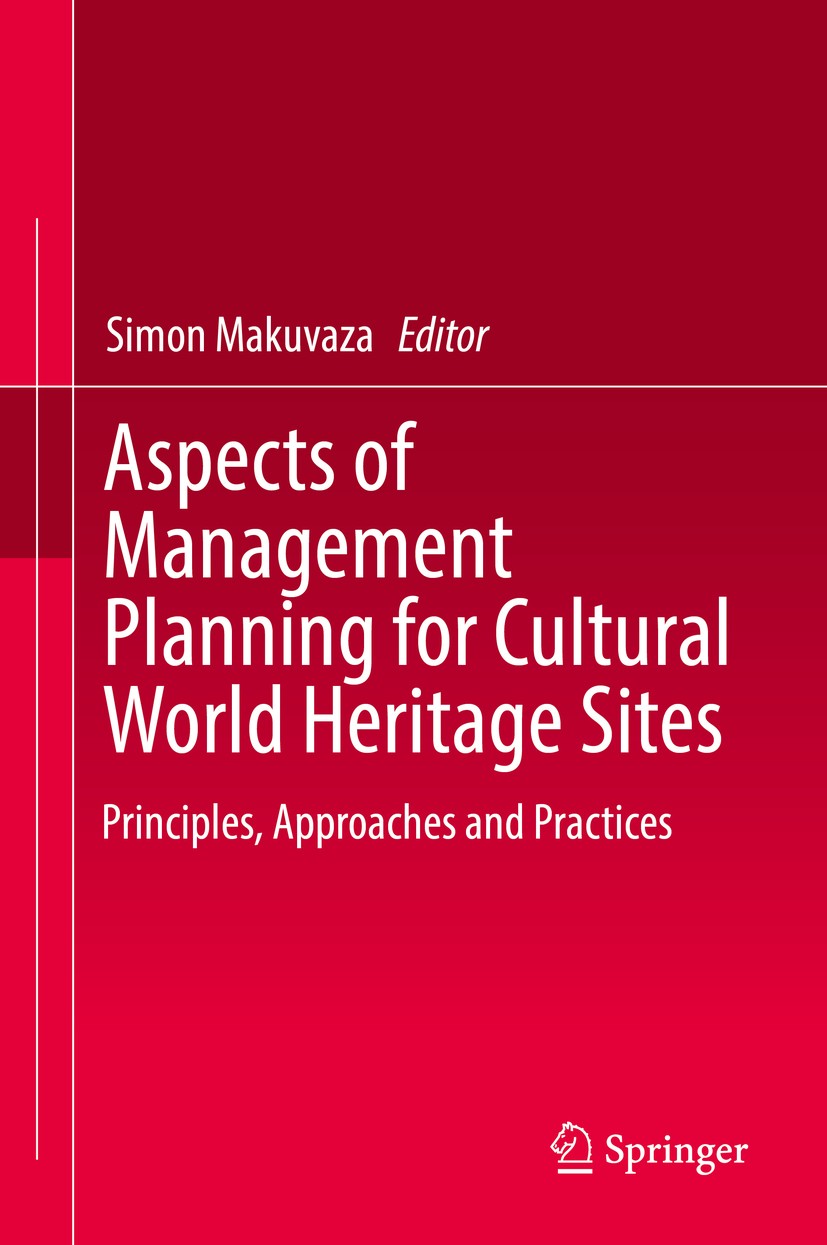| 期刊全稱 | Aspects of Management Planning for Cultural World Heritage Sites | | 期刊簡(jiǎn)稱 | Principles, Approach | | 影響因子2023 | Simon Makuvaza | | 視頻video | http://file.papertrans.cn/164/163084/163084.mp4 | | 發(fā)行地址 | Reviews links and synergies with other legal instruments such as the UNESCO Recommendation on International Principles Applicable to Archaeological Excavations and the Convention on the Means of Prohi | | 圖書封面 |  | | 影響因子 | .Every site that is inscribed on the World Heritage List (WHL) must have a management plan or some other management system. According to the UNESCO Operational Guidelines, the purpose of a management plan is to ensure the effective protection of the nominated property for present and future generations. This requirement was in part necessitated by the need to implement real systems of monitoring on the management of World Heritage Sites..Since its implementation in 2005, discussion on the function and the contents of management plans for World Heritage Sites has grown tremendously. The discussions have mainly been focused on the theoretical frameworks of World Heritage site management plans and proposals of practical guidelines for their implementation..This volume provides a platform for heritage practitioners, especially those working at Cultural World Heritage Sites, to put in writing their experiences and impressions about the implementation of site management plans at properties that are inscribed on the WHL. Cultural World Heritage Sites in this case refer to world heritage properties such as archaeological sites, cultural landscapes, religious sites and architectural structu | | Pindex | Book 2018 |
The information of publication is updating

|
|
 |Archiver|手機(jī)版|小黑屋|
派博傳思國(guó)際
( 京公網(wǎng)安備110108008328)
GMT+8, 2025-10-4 22:48
|Archiver|手機(jī)版|小黑屋|
派博傳思國(guó)際
( 京公網(wǎng)安備110108008328)
GMT+8, 2025-10-4 22:48


